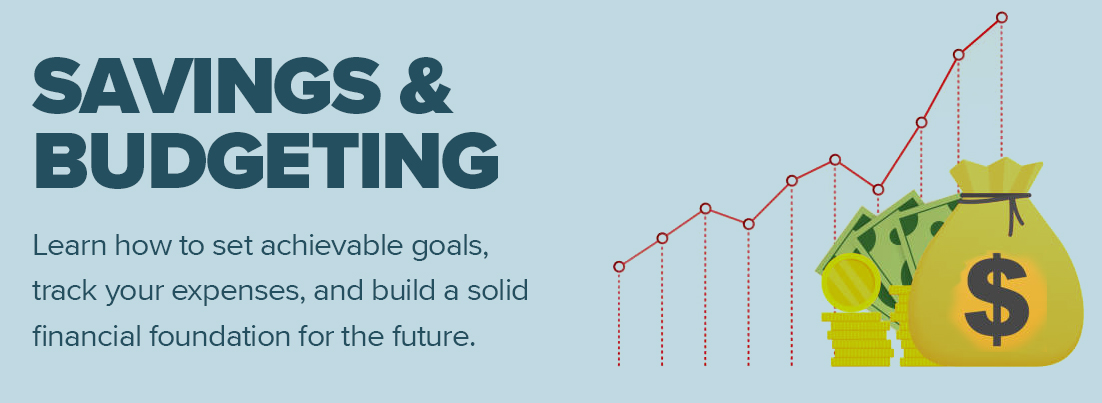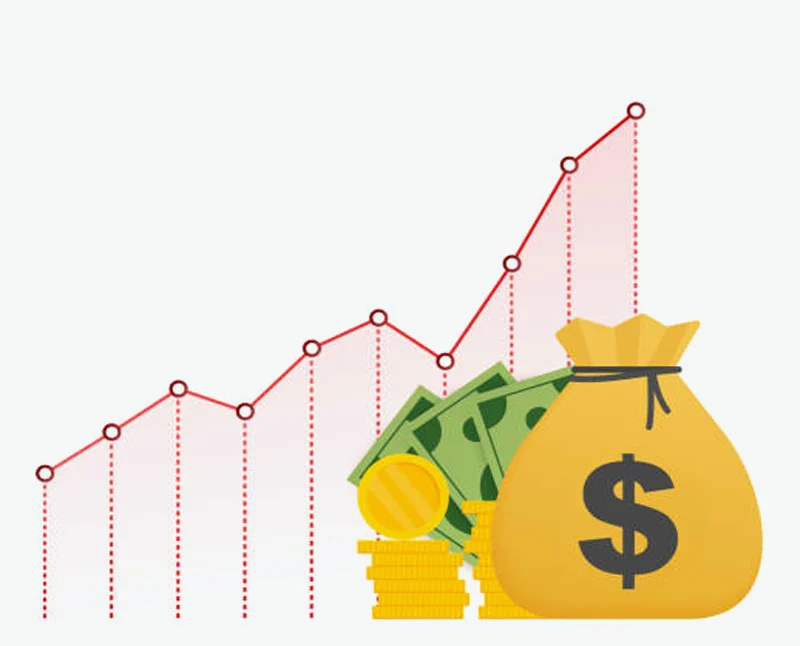
65% of Americans report feeling stressed about money, with savings being a key source of concern.
Many people worry that they aren’t saving enough for emergencies or retirement, and it’s easy to feel overwhelmed when you don’t know where to start. The good news is, you can take control today. Start building a savings plan that works for you. Whether you're saving for a rainy day, a big purchase, or retirement, we’ve got tips and strategies to help you reach your goals..

Secure Your Future with a Strong Savings Plan
Worried about not saving enough for life's unexpected events or long-term goals? A solid savings plan can give you peace of mind and financial security. Whether you're building an emergency fund, planning for a major purchase, or preparing for retirement, we’re here to help. Discover strategies that fit your financial needs and learn how even small, consistent contributions can make a big difference over time.
Learn How to Start Saving
Explore our expert tips and strategies on saving smarter with these blog articles designed to help you build a strong financial future.
Are you Saving for Your Financial Future?
According to numerous studies, most Americans have $1,000 or less in personal savings. Here are some quick tips to get you started, even in a tough economy.
How to Develop Strong Savings Habits
Saving isn’t always easy, but having a savings plan is one of the best things you can do to ensure your financial security. Not only can savings help with short-term issues—but it is also incredibly important in the long-term.
Learn How Certificates can Help Grow Your Savings
Ready to grow your savings faster? With certificates, you can lock in competitive rates and watch your money grow over time. See how this option can help you reach your goals and make your money work harder for you.
SMART BUDGETING
Take Control of Your Money with Smart Budgeting
A well-planned budget is the foundation of financial control. Learn how to create a budget that works for your lifestyle and goals. By tracking your income and expenses, you can make informed decisions, reduce unnecessary spending, and save more for the future. Start building your personalized budget today and take the first step toward financial freedom.
Eight crucial budgeting habits for financial independence
If you want to be financially successful, you need to adopt some good money habits. There are certain things successful people all do regularly. By knowing them, you’ll have an easier time reaching your goals. Here are eight of the top things you should be doing to get you on the road to financial freedom
Year-end Budgeting Tips to help you save and make the most our of your money
Around this time of year, it’s important to start thinking about your taxes. While the end of 2019 is quickly approaching, there may still be time to take actions that could reduce what you owe the government in April.
How to Create a Budget for a New Home
Imagine the peace of mind that comes from knowing you’re fully prepared, no surprises, no scrambling to make ends meet. In this article, we’ll walk you through how to create a budget that sets you up for success, from understanding the hidden costs of homeownership to finding that sweet spot between what you want and what you can truly afford.
Learn How Your Savings Can Add Up Over Time
Curious about how small contributions can lead to big savings? Our savings calculator is a great way to understand how time and consistency can help your savings grow. Whether you're saving for the future or a specific goal, this tool shows you the power of regular deposits and compound interest.
Use this calculator to find out how much you can earn on a Certificate. Just enter a few pieces of information and we will calculate your annual percentage yield (APY) and ending balance. Click on the "View Report" button to see a detailed schedule of your Certificate's balance and earnings.
Information and interactive calculators are made available to you as self-help tools for your independent use and are not intended to provide investment advice. We cannot and do not guarantee their applicability or accuracy in regards to your individual circumstances. All examples are hypothetical and are for illustrative purposes. We encourage you to seek personalized advice from qualified professionals regarding all personal finance issues.
SAVINGS AND BUDGETING VIDEO RESOURCES









